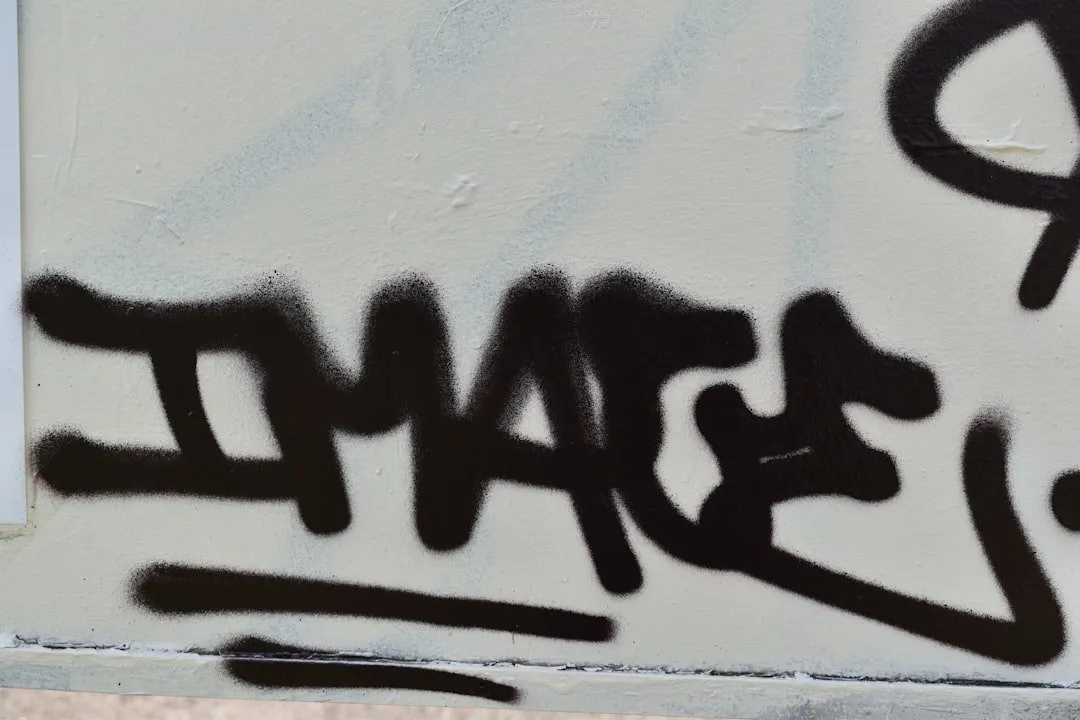Kratom, derived from Mitragyna speciosa, has gained attention for its potential to enhance mental focus and clarity, but Louisiana's 2018 ban on the substance has sparked debate. Scientific studies suggest kratom may improve concentration by interacting with opioid receptors and increasing dopamine and serotonin levels. However, varying potencies of different strains and preparation methods require further investigation. Despite a move to categorize kratom as a Schedule I substance, advocates push for medical exceptions while users seek alternative solutions like adaptogenic herbs (e.g., rhodiola rosea, ashwagandha) and holistic approaches such as exercise, sleep, and diet to improve cognitive function.
“Kratom, a natural herb with a growing popularity for its stimulating effects, has recently fallen under scrutiny and faced a strict ban in Louisiana. While some advocate for its cognitive benefits, including improved mental focus and clarity, others argue against its use due to potential side effects. This article delves into the understanding of Kratom, explores its impact on mental focus, examines Louisiana’s recent ban and its implications, and offers alternative solutions for those seeking enhanced mental clarity post-ban.”
- Understanding Kratom and Its Effects on Mental Focus
- The Legal Status of Kratom in Louisiana: A Recent Ban and Its Implications
- Exploring Alternative Solutions for Enhanced Mental Clarity After the Kratom Ban
Understanding Kratom and Its Effects on Mental Focus

Kratom, a natural herb derived from the plant Mitragyna speciosa, has gained attention for its potential to enhance mental focus and clarity. While it’s important to note that kratom is subject to a controversial debate, especially with recent kratom ban louisiana regulations, its effects on cognitive function have sparked interest in the scientific community. The herb contains various alkaloids, including mitragynine and 7-hydroxymitragynine, which interact with opioid receptors in the brain, influencing mood, pain perception, and cognitive performance.
Research suggests that kratom may improve concentration by enhancing dopamine and serotonin levels, leading to better attention span and mental clarity. Its ability to cross the blood-brain barrier makes it a unique candidate for neuroenhancement. However, the exact mechanisms behind its effects are still being studied, especially considering the varying potencies of different kratom strains and preparation methods. As with any substance, understanding potential risks and benefits is crucial before considering kratom as a means to improve mental focus.
The Legal Status of Kratom in Louisiana: A Recent Ban and Its Implications

In recent years, Louisiana has seen a significant shift in its regulations surrounding kratom, a natural herb used for centuries in Southeast Asia and growing in popularity worldwide for its potential to enhance mental focus and clarity. In 2018, the state enacted a ban on kratom, categorizing it as a Schedule I controlled substance alongside highly potent opioids and illicit drugs. This sudden move sparked controversy among both users and advocates who rely on kratom for pain management and improved cognitive function. The ban has had notable implications, leading to limited access for medical patients and those seeking alternative solutions for mental focus in the state of Louisiana.
The legal status of kratom ban in Louisiana highlights a broader debate about substance regulation and individual freedoms. Critics argue that such stringent measures may deter individuals from exploring natural remedies, pushing them towards more regulated and potentially addictive alternatives. On the other hand, proponents of the ban cite concerns over safety and untested claims surrounding kratom’s effects as primary motivations. The debate continues to evolve, with ongoing discussions about potential loopholes, medical exceptions, and the need for further research into this ancient herb’s full range of effects.
Exploring Alternative Solutions for Enhanced Mental Clarity After the Kratom Ban

With the kratom ban in Louisiana and other regions, individuals seeking natural solutions for improved mental focus and clarity are exploring alternative options. This shift has prompted a deeper dive into various herbal remedies and nootropics that can potentially enhance cognitive function without relying on banned substances like kratom.
Many are turning to adaptogenic herbs such as rhodiola rosea and ashwagandha, known for their stress-relieving properties and ability to support mental clarity under pressure. Other popular choices include Ginkgo Biloba for improved blood flow to the brain and Bacopa Monnieri, an herb believed to enhance memory and focus. Additionally, certain dietary adjustments and lifestyle practices, such as regular exercise, adequate sleep, and a balanced diet, are being embraced as holistic approaches to sharpen mental edges and maintain cognitive health.
With the recent kratom ban in Louisiana, individuals seeking enhanced mental focus and clarity are left exploring alternative solutions. While kratom had been a popular option for improving concentration and cognitive performance, it’s important to note that legal landscapes can change rapidly. In light of this ban, the focus shifts towards discovering safe and accessible alternatives. By delving into natural nootropics, lifestyle adjustments, and evidence-based practices, folks in Louisiana can navigate this change and continue fostering mental clarity without relying on kratom.














